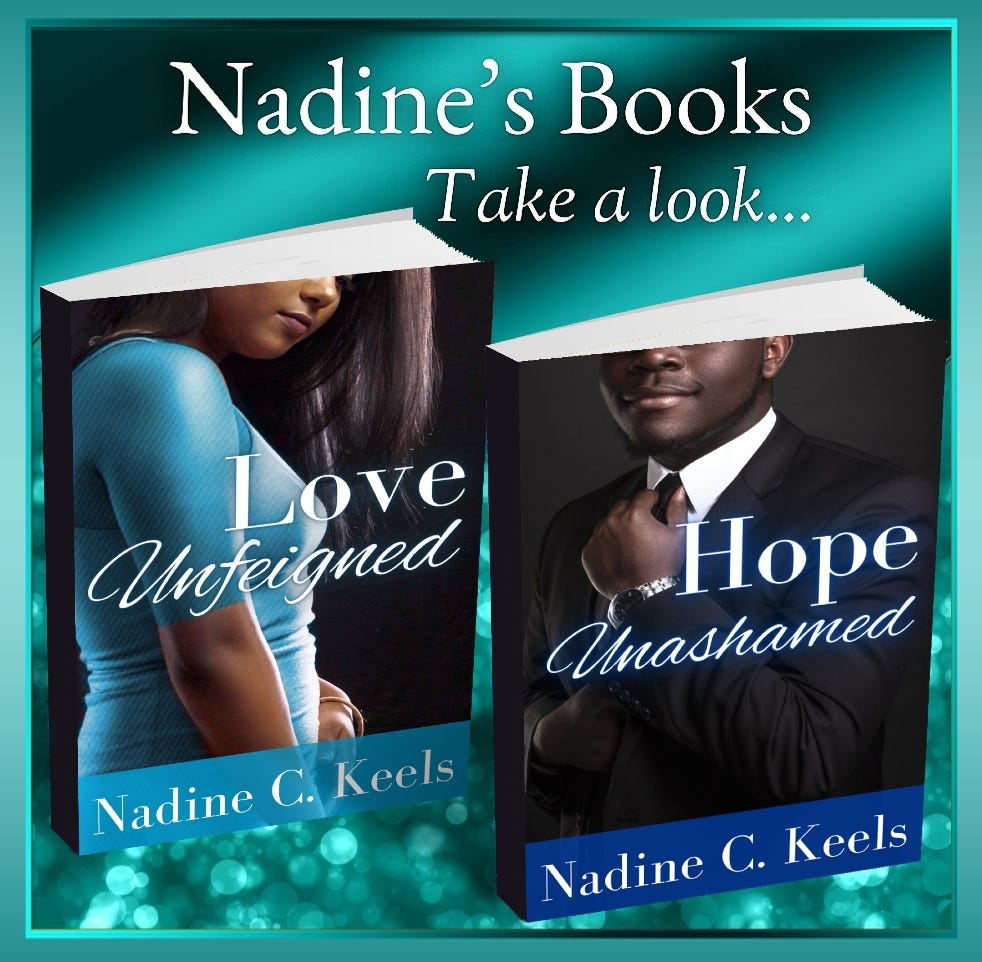Review: The Citadel by A.J. Cronin
A young, idealistic doctor comes face to face with systemic corruption in the medical field.
Subscribe for free to Gentle Reads Fiction to get recommendations of uplifting stories that have very little to no profanity and no explicit sex or graphic violence.
Note: Although I’m leaving this post up, it’s actually a better fit for the sister site to this blog, Selectively Gritty Fiction.
Vintage Fiction
Description
In this novel that inspired the creation of the National Health Service of the United Kingdom, newly qualified doctor Andrew Manson takes up his first post in a mining community, bringing with him a bagful of enthusiasm. But, largely due to corruption in the healthcare system, he soon runs into a dire lack of support to combat the disease and poverty in the community. It isn’t long before Andrew’s outspoken manner wins him both friends and enemies, but he risks losing his idealism to the lure of the fashionable, greedy world of London medicine.
My Thoughts
I can enjoy vintage fiction works that have something important to say, even when the writing styles may be dated—as is the case with this classic novel. What's more, it isn't a short or fast-paced read, but Andrew's experiences in the first phases had me interested enough to see where his journey would go.
It was something to watch his idealist's eyes open to lamentable realities concerning the state of the medical field he'd entered. Then with the thickening of the plot, the heightening of the conflict, and my growing care for some of the characters, I truly became invested.
Husbandly, Wifely, and Jerky
Now, I appreciate a flawed protagonist. It isn't my thing for lead characters to come off as virtually perfect. Still, during the phase when Andrew changes into a fairly colossal jerk, although the author does show the gradual process of Andrew's reasoning and how he justifies himself on his way down, I found it a little hard to put up with his jerkiness and keep reading.
Also, I'm not a fan of the story's handling of the character Christine, ultimately, or how some critical matters play out in her marriage to Andrew. A big part of the issue may come down to this 1937 novel being a product of its period, as the author aimed to write a morality tale during a time when the culture/media promoted certain "wifely ideals."
The Doctor, the Man, the Meaning
Nevertheless, I was sure that Andrew’s journey as a doctor and as a man would come around in this story that, again, has something important and meaningful to say—including something about the folly of valuing, defending, and upholding institutions for their own sake while lacking or losing what should be the institutions’ real concerns: human lives and wellbeing.
I wasn't disappointed on that front.
Content Note
While the instances of more colorful language tend to be left to the reader's imagination, the characters’ uses of the terms "damn" and "hell" in their nonliteral senses increase as the story goes along. There’s also one occurrence of the B-word.
Also, while the book doesn’t have graphic violence, a couple of the surgeries the doctors perform have some graphic details.
Like what you see here?
You’re welcome to check out the books I write: fiction of hope and inspiration, featuring diverse and uncommon lead characters in a medley of genres.





